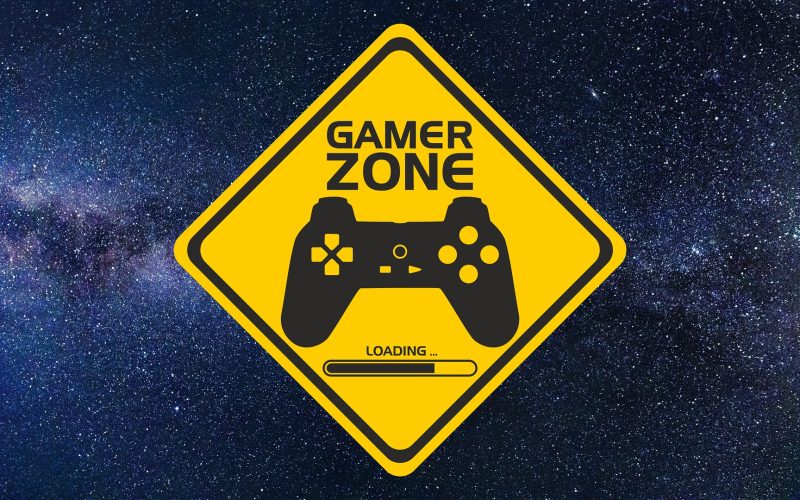The gaming industry has long been a staple of entertainment, but in recent years it has also become a major player in the world of technology and culture. As the world continues to change, the gaming industry has been forced to adapt to new challenges and opportunities, from the rise of mobile gaming to the emergence of virtual and augmented reality.
One of the key changes in the gaming industry has been the rise of mobile gaming. With the widespread adoption of smartphones and tablets, mobile games have become a major source of revenue for game developers and publishers. In fact, mobile gaming now accounts for more than half of the global gaming market.
To adapt to this shift, many game developers have focused on creating games specifically for mobile devices. These games often feature simpler gameplay and shorter play sessions, making them ideal for on-the-go gaming. Some popular mobile games, such as Candy Crush and Clash of Clans, have become cultural phenomena, with millions of players worldwide.
Another major trend in the gaming industry is the rise of virtual and augmented reality. With the development of technologies such as the Oculus Rift and the Microsoft HoloLens, game developers are able to create immersive gaming experiences that blur the line between the virtual and real worlds.
These technologies have the potential to revolutionize gaming, offering players the ability to explore virtual worlds in a way that was previously impossible. However, they also present new challenges for game developers, who must balance the need for immersive gameplay with the limitations of current hardware and software.
Beyond these technological changes, the gaming industry is also adapting to a changing cultural landscape. With the rise of esports, competitive gaming has become a major industry in its own right. Professional gamers can now earn millions of dollars in prize money and sponsorships, and major tournaments such as the League of Legends World Championship and the Dota 2 International draw millions of viewers worldwide.
This shift towards esports has also led to the development of new types of games, such as multiplayer online battle arenas (MOBAs) and first-person shooters (FPSs) that are specifically designed for competitive play. These games often feature complex gameplay mechanics and deep strategy, making them ideal for high-level competition.
Finally, the gaming industry is also adapting to changing attitudes towards inclusivity and diversity. Game developers are increasingly aware of the need to create games that appeal to a wider range of players, regardless of their gender, race, or sexual orientation. This has led to the development of games that feature more diverse characters and storylines, as well as efforts to create safer and more inclusive gaming communities.
In conclusion, the gaming industry is constantly evolving and adapting to a changing world. From the rise of mobile gaming to the emergence of virtual and augmented reality, game developers are using new technologies to create immersive gaming experiences that appeal to a wider range of players. As the industry continues to grow, it will be important for developers to remain responsive to the needs and interests of players, and to continue pushing the boundaries of what is possible in the world of gaming.












